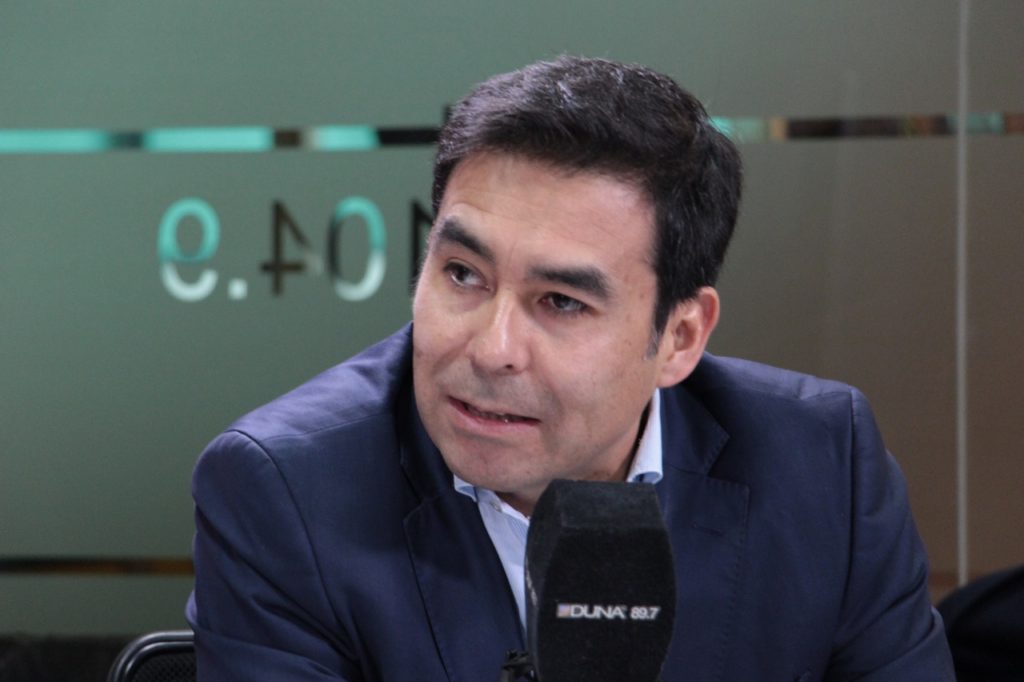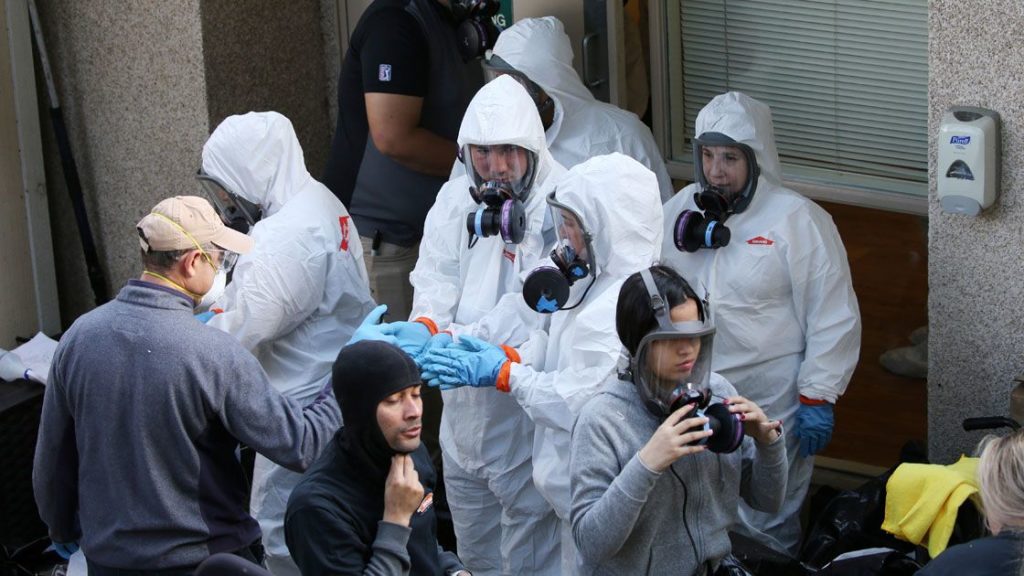At the end of March, the Inter-American Development Bank released its annual report, in which it noted that the countries of Latin America and the Caribbean are experiencing the largest economic contraction in two centuries. Will Latin American states be able to recover from such a deep crisis? What could help Latin America rebuild from the coronavirus pandemic?
On March 20, the press office of the Inter-American Development Bank (IDB) issued an official statement that Latin America will need better fiscal policy to ensure a sustainable recovery as its economies recover from the worst recession over the past 200 years. According to the estimates of this international structure, in 2021, production should show an increase of 4.1% as the rollout of mass vaccinations continues and the opening of enterprises continues. According to official data, the decline in economic indicators in 2020 was 7.4%, which is the highest value in all years since 1821, when some Latin American countries continued to fight for their independence from Spain.
Today, amid the COVID-19 pandemic, the Latin American region is in a modest recovery as weaker US and EU growth, slower vaccine use and new virus strains limit economic growth in 2021 to 0.8%. Based on this scenario, in 2022 there will be a return to recession, and in 2023 – to growth – a recovery according to the principle of the letter “W”.
In addition, Latin America is again facing high unemployment rates, which in the near future could lead to an increase in extreme poverty, while health systems are running at their limits. According to statistics, the Latin America and Caribbean region, where live 8% of the world’s population, accounts for about a quarter of all deaths caused by complications from the COVID-19 virus.

One of the Bank’s experts, Eric Parrado, noted that in 2019 the Latin American region “flew with one faulty engine”. And in 2020“its other engine also suffered”. Now the countries are faced with the task of delivering “this plane to a safe place, rescuing passengers and preparing for the necessary repairs”.
An interesting fact is that in the context of the raging pandemic around the world, the governments of the countries of the region provided about half a trillion US dollars in financial support, while the “packages” of programs averaged about 8.5% of GDP compared to 19% in advanced economies. This is what caused the growth of public debt to 72% of GDP in 2020 from 58% in 2019.
Of course, today the economic indicators of each of the countries in the region, first of all, will depend on a single variable. If just a few months ago the whole world was struggling with the spread of an unexplored coronavirus, today everyone is burdened with another concern: how to quickly get access to vaccines and get the population vaccinated. In this, at the moment, the states of Latin America and the Caribbean are unique “platforms”. COVID-19 arrived here much later than in other regions, and the way the mass vaccination process takes place here is unparalleled elsewhere.
It should be emphasized that not a single country in Latin America and the Caribbean (even the most technologically advanced ones: Brazil, Mexico, Chile and Argentina) has its own capacities and scientific and technical base for the development and production of its own vaccine, and this is not only about the coronavirus. Away from the cutting edge of global progress for several years now, Latin American countries often fight the virus as best they can, and hope for outside help. In turn, regional health systems are extremely weak and ineffective in the event of any emergency.
It is for this reason that Latin America has become the most profitable market not only for the supply of vaccines by the countries that develop them, but also for establishing its production. Today, Russia, China, the United States, India are trying to offer the countries of the region their vaccine, which leads to the fact that, on the one hand, there is a shortage of the drug itself for the local population, and on the other hand, there are massive cases of abuse of authority by officials of the highest rank seeking to gain access to vaccinations either out of turn, or simply by acquaintance (one of the illustrative examples was Argentina and the Argentine scandal, which the national medias dubbed “VIP vaccination”).

In general, the prevailing “coronavirus epic”, which is still far from over, has exposed the problems with the health situation in the region already known to Latin American countries for a long time. The lack of an established preventive system, a shortage of medical personnel and basic medicines and wards, not to mention advanced technologies, corruption of officials, as well as insufficient funding have led to the fact that the vast majority of states suffer significant losses from the consequences of the pandemic. And this is in addition to various kinds of quarantines, restrictions and prohibitions in the economic sphere.
To summarize, it should be noted that in their statement, representatives of the Inter-American Development Bank noted that despite the consequences of the pandemic and the vaccine “race”, today Latin American countries need to restructure their fiscal policy, while countries with high tax revenues and high spending can benefit from more efficient and more targeted social transfer programs. According to the experts of this international structure, states should invest in projects with high social and growth benefits, create the infrastructure of the digital economy and invest in a more environmentally sustainable future.


